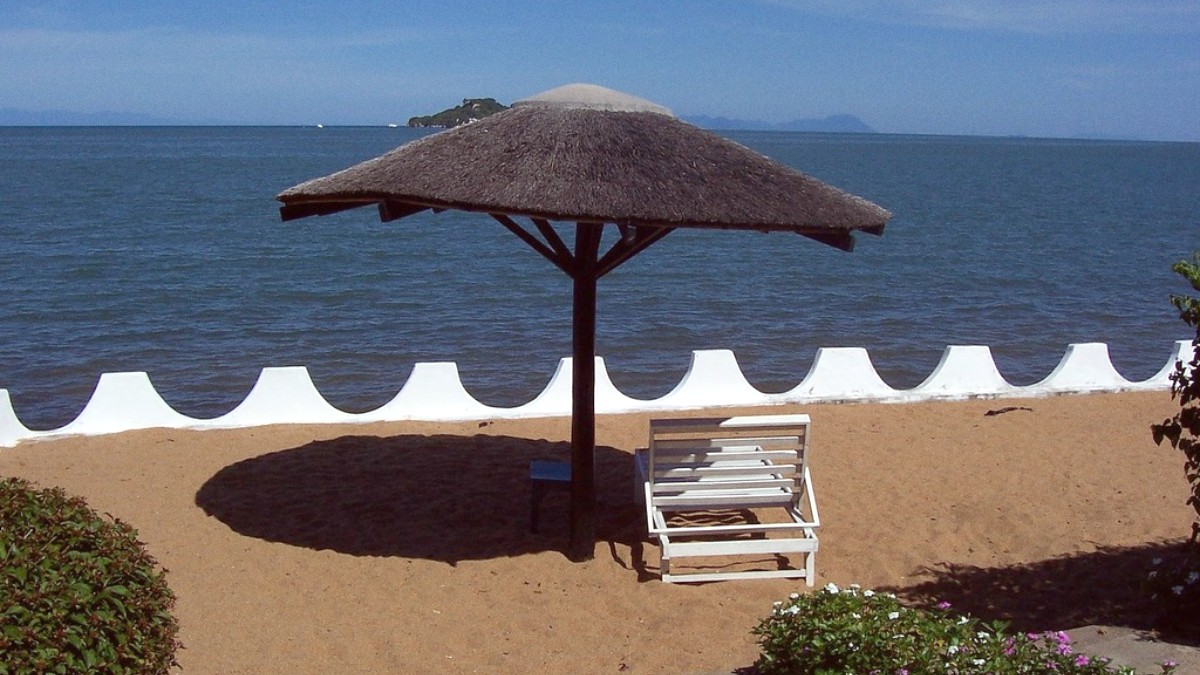
Malawi
Malawi's climate, including the Lake Malawi region, is largely tropical, with variations based on altitude and proximity to the lake. The Dry Season (May to October) has sunny skies and lower humidity. Daytime temperatures typically range from 20-29°C (68-84°F). The Hot-Wet Season (November to April) sees higher temperatures, ranging from 25-35°C (77-95°F), with significant rainfall.
The wet season (December-March) brings heavy, tropical downpours. The peak hot season, specifically October and November, can see temperatures exceeding 35°C (95°F) before the onset of the rains.
While generally predictable, a few specific weather factors call for attention. The wet season brings heavy, tropical downpours which can influence outdoor plans. The peak hot season, especially October and November, can feature very high temperatures.
Plan your visit around your desired activities. Different times of the year offer distinct advantages, from clear waters for diving to lush landscapes for bird watching.
May to October
Good weather, clear waters, lower mosquitoes.
Higher prices, more tourists, advance booking necessary.
April & November
Good weather, fewer crowds, lower prices, lush landscapes (April).
Weather can be unpredictable, early rains in November.
December to March
Lowest prices, fewest tourists, dramatic thunderstorms.
High humidity, frequent rainfall, some roads challenging, more mosquitoes.
Regulations have changes, so checking official government sources before your departure remains a wise action.
Many nationalities, including citizens of the United States, United Kingdom, Canada, Australia, and most European Union countries, need a visa to enter Malawi. The Malawian government largely uses an e-Visa system. Applying for an e-Visa online through the Malawi e-Visa portal prior to travel avoids delays and potential issues.
Visa fees vary by nationality and visa type. A single-entry tourist visa for many nationalities was approximately US$75-$100 as of early 2024. Always check the official immigration website for current fees. Payment at the border often welcomes US dollars cash.
The official currency of Malawi is the Malawi Kwacha (MWK). Banknotes come in MWK 50, 100, 200, 500, 1000, 2000, and 5000. Exchange major foreign currencies like US Dollars (USD), British Pounds (GBP), and Euros (EUR) at banks and authorized forex bureaus in larger cities.
Automated Teller Machines (ATMs) operate in major towns and cities. Availability can be limited or unreliable in more remote lakeside areas. Visa and Mastercard are generally accepted at ATMs. Credit cards find acceptance at larger hotels, resorts, and some tour operators in urban areas. Cash holds sway in rural areas and smaller lakeside establishments.
Here is a guide to daily expenses. These figures are approximations and vary based on individual choices.
Prioritizing your health and safety guides a pleasant journey in any location, and Lake Malawi is no exception.
A significant mosquito-borne risk. Take prescribed antimalarial medication, use insect repellent, and sleep under a mosquito net.
Present in Lake Malawi. Avoid swimming or wading in stagnant or slow-moving water near the shore. Consult a doctor upon return if you suspect exposure.
A common ailment. Practice good food and water hygiene. "Boil it, cook it, peel it, or forget it."
The Malawian sun is strong. Sunburn and heatstroke are risks.
Use High SPF sunscreen (SPF 30+), wear a Wide-brimmed hat, and stay hydrated with plenty of Bottled water.
Seek shade during the hottest parts of the day. Proper hydration safeguards your well-being.
Sun protection is to a comfortable experience.
Do not drink tap water anywhere in Malawi. Stick to bottled water. Always check the seal. Consider a LifeStraw Personal Water Filter or purification tablets as backup.
Eat hot, freshly cooked food. Avoid raw vegetables washed in untreated water. Peel all fruits. Caution with street stalls unless food is prepared fresh and hot.
Avoid ice in drinks unless certain it is made from purified water.
Malawi is generally considered a safe country for tourists, known for its friendly people. However, like any travel destination, it experiences crime, notably petty crime. Always stay aware of your surroundings.
Healthcare facilities in Malawi show limitations compared to Western standards. For serious medical emergencies, medical evacuation to South Africa or your home country may be necessary.
Basic public hospitals exist in major towns; private clinics (like Adventist Hospital in Blantyre) offer better, yet still limited, services.
Available in larger towns, but specific medications may not be in stock. Carry enough prescription medications with a doctor's note.
Police (997), Ambulance (998), Fire (999) operate, but response can be slow, especially in rural areas. Lodge staff assistance is often more effective.